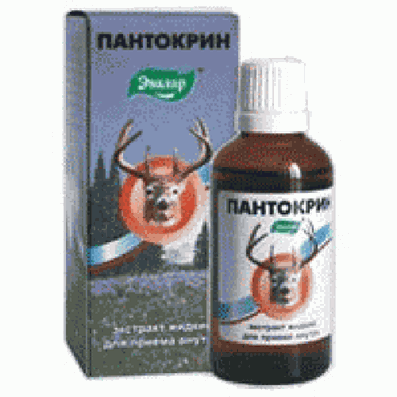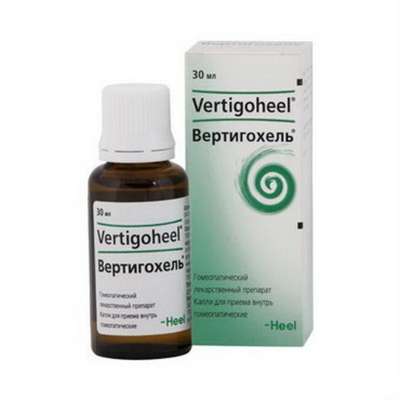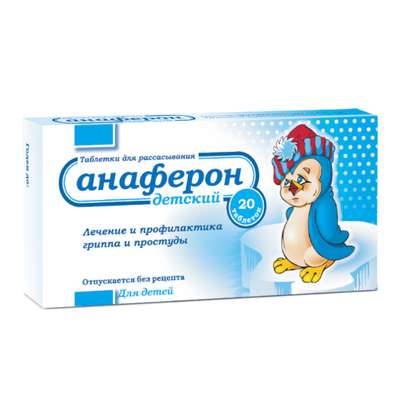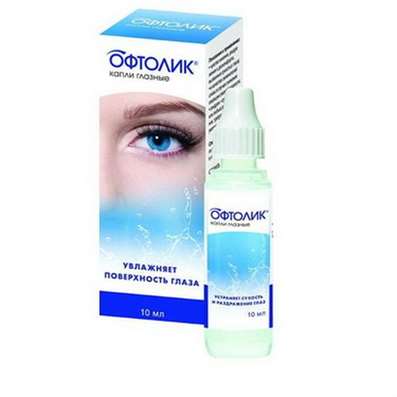Instruction for use: Penicillamine
I want this, give me price
Trade name of the drug – Artamin, Byanodine, Cuprenyl
The Latin name of the substance Penicillamine
Penicillaminum (genus. Penicillamini)
Chemical name
3-Mercapto-D-valine
Gross formula
C5H11NO2S
Pharmacological groups:
Detoxifying agents, including antidotes
Immunosuppressive drugs
The nosological classification (ICD-10)
E72.0 Amino acid transport disorders: Diabetes glycophosphamide; Lignac Syndrome; Lignac-Fanconi syndrome; Abdergalden-Kaufmann-Lignac syndrome; Abdergalden-Fanconi syndrome; Cystinosis; Cystinuria; Hartnup disease; Family Iminoglycinuria
E83.0 Copper Exchange Disorders: Wilson-Konovalov Disease; Wilson-Konovalov syndrome; Hepatolenticular degeneration; Hepatocerebral dystrophy; Dystrophy hepatocerebral; Wilson disease; Wilson-Westphal-Konovalov disease; Congenital toxicosis of the skin; Menkes disease
L94.0 Localized scleroderma [morphea]: Scleroderma limited; Systemic scleroderma; Cutaneous scleroderma; Teardrop scleroderma; Limited scleroderma; Focal scleroderma
M06.9 Rheumatoid arthritis, unspecified: Rheumatoid arthritis; Pain syndrome in rheumatic diseases; Pain in rheumatoid arthritis; Inflammation in rheumatoid arthritis; Degenerative forms of rheumatoid arthritis; Children's rheumatoid arthritis; Exacerbation of rheumatoid arthritis; Acute articular rheumatism; Rheumatic arthritis; Rheumatic polyarthritis; Rheumatoid arthritis; Rheumatic polyarthritis; Rheumatoid arthritis; Rheumatoid arthritis; Rheumatoid arthritis of active course; Rheumatoid periarthritis; Rheumatoid polyarthritis; Acute rheumatoid arthritis; Acute rheumatism
M08 Juvenile [juvenile] arthritis: Juvenile arthritis; Juvenile chronic polyarthritis; Juvenile chronic arthritis; Juvenile rheumatoid arthritis; Arthritis Juvenile chronic
M34.9 Systemic sclerosis, unspecified: Systemic scleroderma
N22.8 Stones of urinary tract in other diseases classified elsewhere: Primary urinary nephropathy; Prevention of urinary nephropathy; Urarturia; Cystine nephrolithiasis
T56.0 Toxic effect of lead and its compounds: Lead toxicity; Toxic effect of lead and its compounds; Lead poisoning; Poisoning with sleeping pills and narcotic drugs; Chronic lead poisoning; Lead colic; Plumbism; Acute lead encephalopathy; Lead poisoning
T56.1 Toxic effects of mercury and its compounds: Mercury intoxication; Chronic mercury poisoning
T56.4 Toxic effect of copper and its compounds: copper intoxication
T56.5 Toxic effects of zinc and its compounds: Zinc poisoning; Intoxication with zinc; Zinc compounds poisoning; Foundry fever; Zinc Fever
T56.8 Toxic effects of other metals: Cesium poisoning; Poisoning with cerium; Magnesium and its compounds; Cobalt poisoning; The poisoning of gold compounds; Chronic nickel intoxication; Poisoning with magnesium salts; Poisoning by plutonium
CAS code
52-67-5
Characteristics of the substance Penicillamine
The product of the hydrolysis of penicillin. White or almost white crystalline powder. Easily soluble in water, slightly soluble in alcohol and insoluble in ether, acetone, benzene, carbon tetrachloride. Molecular weight 149.21.
Pharmacology
Mode action - Immunosuppressive, detoxifying, complexing.
It binds copper, mercury, lead, iron, calcium, cobalt ions. Effective for hepatolenticular degeneration (Wilson-Konovalov's disease), because Increases urinary excretion of excess copper, normalizing its content in tissues. Oppresses a number of enzymes involved in the reactions of sulfhydryl-disulphide exchange. Upon contact with cisplatin, it becomes a penicillamine-cysteine disulfide, which, due to its high solubility, is easily excreted in the urine; This effect is manifested by a decrease in the formation of cysteine stones in the kidneys in cystinuria. Oppresses the T helper function of lymphocytes, inhibits neutrophil chemotaxis and lysosomal enzyme release, enhances macrophage activity, suppresses collagen synthesis, and normalizes the relationships between its soluble and insoluble fractions, helping to suppress the sclerosing process in tissues. Reduces the level of pathological macroglobulins, incl. Rheumatoid factor. Quickly, although incompletely (40-70%) is absorbed from the digestive tract. Cmax is achieved after 1-3 hours. The liver undergoes biotransformation. It is excreted as metabolites by the kidneys.
Application of the substance Penicillamine
Wilson-Konovalov's disease, rheumatoid arthritis (including juvenile), systemic scleroderma, cystinuria, cystine nephrolithiasis; Poisoning with copper, inorganic compounds of mercury, lead, gold, zinc, iron.
Contraindications
Hypersensitivity, violation of hemopoiesis, agranulocytosis, chronic renal failure, pregnancy, lactation.
Pregnancy and breast-feeding
Contraindicated in pregnancy (with the exception of Wilson-Konovalov disease, at a dose of up to 1 g / day.) If a cesarean section is planned, the daily dose should not be more than 250 mg in the last 6 weeks of pregnancy and in the postoperative period until complete healing).
Action category for fetus by FDA - D.
At the time of treatment should stop breastfeeding.
Side effects of Penicillamine
From the nervous system and sense organs: complete loss or distortion of taste sensations, reversible polyneuritis (due to a deficiency of pyridoxine), peripheral neuropathy, myasthenia gravis.
From the cardiovascular system and blood (hematopoiesis, hemostasis): eosinophilia, thrombocytopenia, leukopenia, aplastic anemia, agranulocytosis.
On the part of the respiratory system: interstitial pneumonitis, diffuse fibrosing alveolitis, syndrome of pulmonary-renal hereditary insufficiency (Goodpasture).
On the part of the digestive system: decreased appetite, nausea, vomiting, diarrhea, aphthous stomatitis, glossitis, intrahepatic cholestasis, pancreatitis.
On the part of the genitourinary system: nephritis, nephrotic syndrome, hematuria.
From the musculoskeletal system: arthralgia, polymyositis, dermatomyositis.
Allergic reactions: skin rash, toxic epidermal necrolysis, allergic alveolitis.
Other: lupus-like syndrome (arthralgia, myalgia, erythematous rash, the appearance of antinuclear antibodies and antibodies to DNA in the blood), breast enlargement with the development of galactorrhea (in women), alopecia, fever.
Interaction
Antimalarial and antitumor agents, phenylbutazone, levamisole increase the risk of side effects. With the simultaneous administration of penicillamine with preparations of gold and iron chelate complexes are formed. Incompatible with antibiotics. Myelotoxic drugs increase the manifestation of penicillamine myelotoxicity.
Routes of administration
Inside.
Precautions for the substance Penicillamine
Treatment is carried out under strict clinical and laboratory control. At the beginning of the treatment, an extensive clinical blood test (including platelets) and an overall urinalysis every 3 days, then once a week are performed. Monthly, it is necessary to monitor the function of the liver, kidneys, conduct a neurological examination of the patient. In the case of development of fever, lesions of the lungs, liver, marked hematologic and neurological disorders, myasthenia gravis, hepatocellular reactions and other serious side effects, the drug is canceled and if necessary, glucocorticoids are prescribed. Patients with impaired renal function reduce the dose. In case of isolated proteinuria, if it does not increase and does not exceed 1 g / day, treatment with penicillamine can be continued.
Due to the influence of penicillamine on collagen formation, surgical interventions (including dental) should be carried out with extreme caution.
Patients with Wilson-Konovalov's disease or cystinuria concomitantly are prescribed vitamin B6 preparations (in connection with the dietary restrictions used in these diseases). When the symptoms of vitamin B6 deficiency develop against a background of prolonged treatment with penicillamine, 25 mg of pyridoxine are prescribed additionally per day.
In the case of previous inefficiency and withdrawal of gold preparations, penicillamine is prescribed no earlier than 6 months later.
If the patient needs the appointment of iron preparations against the background of penicillamine therapy, a two-hour interval between their intake should be observed.

 Cart
Cart





